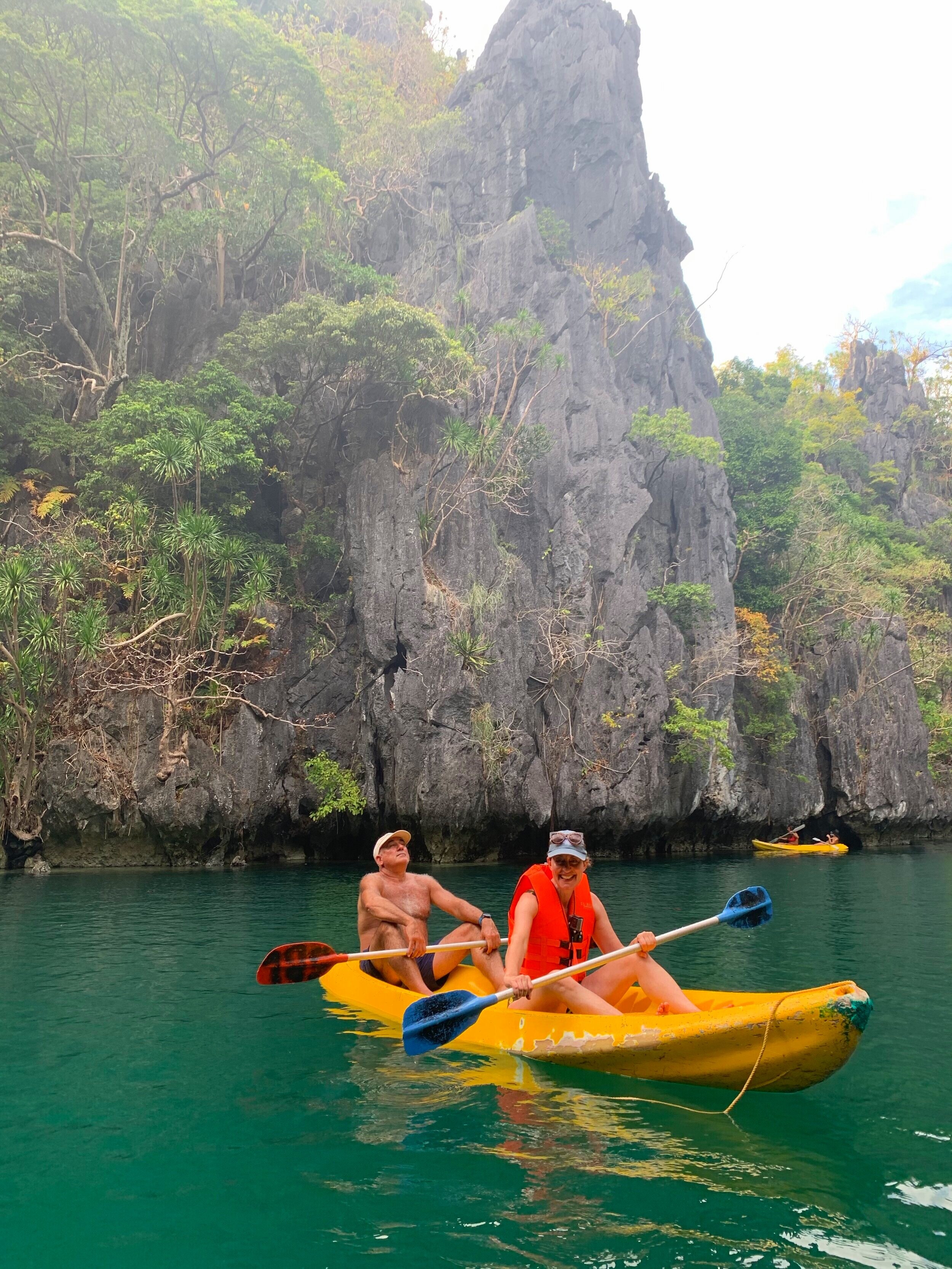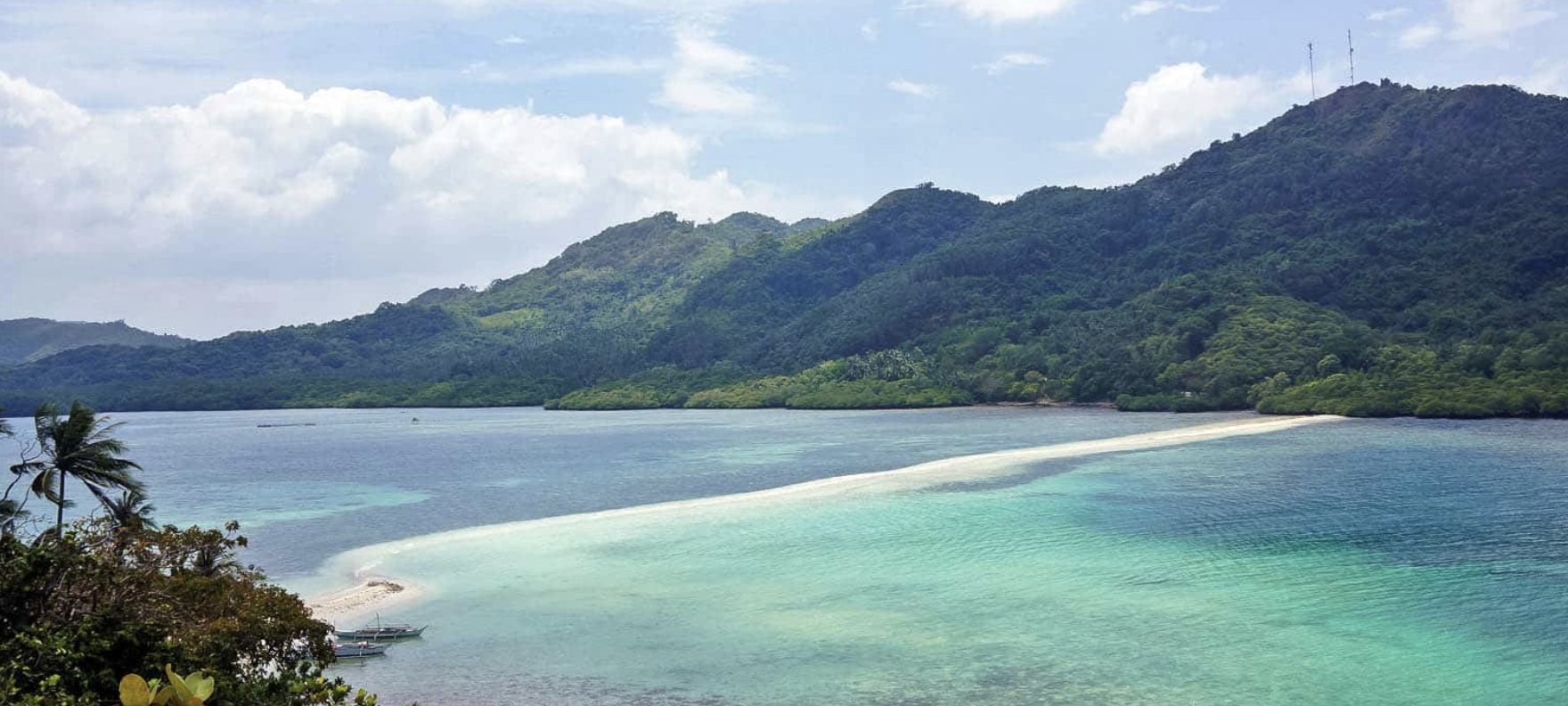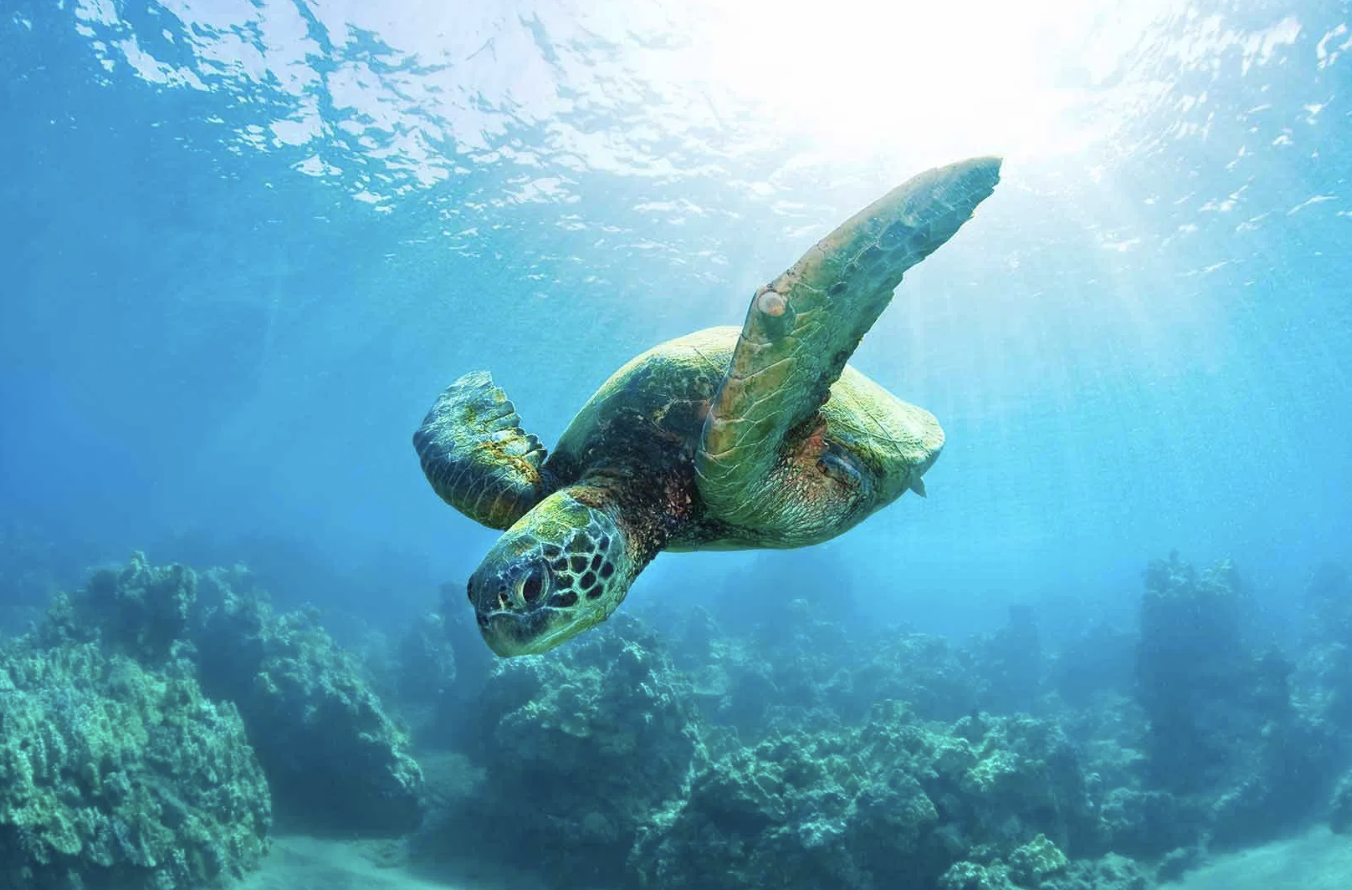The Philippines - an island-hopping paradise
If you love a holiday involving island hopping, then the Philippines is quite literally made for you. With over 7,100 islands to choose from - although only about half are occupied - the country is the world’s second largest archipelago.
Some of the stunning islands that make up the El Nido region of the Philppines
And as those islands offer over 2,500 miles of coastline, with an indecent amount more of their fair share of spectacular coves, beautiful sandy beaches and glorious clear blue water, that can make it tricky, to say the least, to choose how many to try and see in a trip of working-life (as opposed to student gap-year) length.
Where to choose?
With recommendations from previous visitors and advice from the excellent Turquoise Holidays who helped us with our travel arrangements, and on the basis that we wanted to spend a goodly chunk of our New Year break being horizontal rather than on the move, we settled on just two.
Not the best start
We didn’t have the most auspicious start to our two-week, twin island stay. Our flight into Hong Kong was delayed, giving us a turn-around time of only 45 minutes before our onward flight to Cebu. We made it on to the plane, but unfortunately our luggage didn’t. Assured it would be on the next flight, we completed the final stage of our long journey - a two hour ferry ride to the island of Panglao, from a comically heaving Ferry Pier, complete with blind masseurs offering in-seat massages, and a group of blind musicians who could barely be heard over the din of the packed-in passengers - with just our hand luggage.
I’m not sure who was more relieved when our bags joined us the following morning - us or the other hotel guests who had to put us with the sight (and quite possibly smell) of us in the travelling clothes we’d been wearing for two solid days.
A perfectly positioned hotel
Our hotel, the Amorita Resort, was perfectly positioned overlooking Alona Beach, a buzzy stretch of pale, palm-backed sand, lined on the land side with lively bars and restaurants where we ate in the evenings, and a water’s edge filled with a fleet of traditional Philippine fishing-style boats ,with their distinctive, wing-like outriggers, eagerly waiting to take visitors on excursions and activities of various kinds.
View across Alona beach from one of the two pools at the Amorita Resort
We sampled two of those water-based activities. I reminded myself of how much I enjoyed parascending, which I hadn’t done for years, with a 10 minute flight that gave me a fabulous birds-eye view of the verdant countryside, beautiful coves and inviting inlets surrounding our hotel.
You’ll have to take my word for it that that’s me up there!
Our other off-shore outing was rather less enjoyable. An early morning boat ride to see dolphins sounded idyllic. The reality was less so. Dozens of the aforementioned boats, which run on very noisy petrol engines, were literally chasing the fleetingly visible dolphins. It felt not only intrusive but also deeply uncomfortable for the animals’ welfare.
That was followed by a mass move by the outrigger boats to a nearby island ringed with a coral reef, where the craft disgorged their passengers into the water in a teeming throng of snorkelers, all swimming around the boats and each other in an attempt to see the fish and, understandably mostly elusive, turtles.
Protecting the wildlife
We mentioned our discomfort and concerns for the potential harm to the precious wildlife, to the official guide who took us on the inland trip we did the following day. She explained, with both frustration and sorrow, that the governing powers-that-be have been slow in appreciating the damaging effects of growing numbers of tourists on the eco-system, and slower at introducing and implementing regulations to manage it. But, she said, change was hopefully coming.
Our next island stop was a much better example of eco-aware management, but I’m getting ahead of myself, because before that there were some of the sights and sounds of Bohol, the island connected to Panglao by a short causeway, to discover.
Teeny tiny tarsiers
First up was a mindfully managed sanctuary for tarsiers, one of the world’s smallest, and arguably cutest, mammals. These tiny, nervous, nocturnal creatures are known to commit suicide if they become traumatised, so the sanctuary, which is home to half a dozen of them, only allows carefully controlled numbers of visitors, who can walk through their large forested enclosure only accompanied by a guide and in absolute silence.
A timid tarsier ,shot using the maximum amount of zoom I had so I didn’t get too close and startle it
Next on our itinerary were the distinctive Chocolate Hills, a 50 square kilometre area of some 1500 uniquely unusual, dome-shaped hills covered in grass (no trees or shrubs will grow on them) which, in the dry season, turn brown, earning them their equally distinctive name. The hills can’t be individually climbed, but they can be spectacularly seen from a busy viewing platform reached by a steep flight of stairs, at the bottom of which are a predictable collection of stalls and a welcome, air-conditioned restaurant.
Some of the distinctive, unique rounded mounds of the Chocolate Hills stretching into the distance
We didn’t eat there, because our lunch was to be in a very different setting. On a restaurant boat floating down the idyllic Loboc river. I’d love to say the experience was as tranquil as it was beautiful but, as we came to realise during our stay, if there’s one thing the Filipinos love as much as Christmas (and they really, really LOVE Christmas), it’s live music. And the live music they love most of all, is singers and accompanying musicians of various sorts, doing what is, in all honesty, terrible karaoke.
The Loboc river, beautiful on the eye, rather less tranquil on the ear
The fact that they perform with such enthusiasm, and with such delightfully (and often hilariously) strangulated results of both the tunes and the words, makes it an infectious joy. Although having a singer on each of the different thatch-topped boats plying their passengers along the river, all singing something different, did make for a rather less harmonious background accompainment than we might have chosen!
Peace and tranquility were available in abundance at our next island destination. El Nido is actually a collection of 45 stunning limestone, tree-covered, coral reef ringed islands of various sizes, jutting out of crystal clear waters, clustered around the northernmost tip of Palawan Island, which is where you fly in to, reaching whichever of the occupied islands is your destination by boat.
Ridiculously idyllic Pangulasian Island
The five days we spent based on the ridiculously idyllic Pangulasian Island were punctuated by trips to some of the area’s key attractions including the Big and Small Lagoons of Miniloc Island, sensational protected pockets of turquoise water surrounded by thousands-of-years-old soaring limestone cliffs and accessible only by kayak and, in the case of the smaller lagoon, by swimming through the slim gap in the rocks that forms the entrance.
Kayaking in the stunning Small Lagoon
Miniloc is also home to the enticingly named Secret Lagoon, an entirely enclosed pool of water that can only be reached by climbing through a hole in the limestone cliffs that surround it.
Soaring limestone cliffs surround the Secret Lagoon
Even more dexterous acrobatics were required to access the gloriously rugged, towering interior of Cudugnon Cave, only accessible through a narrow opening that you had to lie down and roll through.
The clamber to get inside Cudugnon Cave is more than worth the effort
Vigan Island is more commonly known as Snake Island, thanks to the s-shaped spit of sand that is revealed at low tide linking its two sides. An easy climb up the beach-side rock affords a satisfying view of the island and its surroundings.
The sinuous sand-spit that gives Snake Island it’s nickname
An even better vista of the area was on offer on ‘our’ island where a viewing platform built at the top of a steeper and more challenging climb, was more than worth the effort for the glorious views of the rugged islands and islets.
The weather may not have been great, but the view was
Along with all this we enjoyed rewarding snorkeling sessions in the reefs of some of the nearby islands as well as our own, at one point spending a thrilling quarter of an hour watching a peaceful turtle propelling itself gracefully around the coral, and many more hours admiring the vast array of colourful fish and wildly varied coral formations. (We aren’t divers, but it almost goes without saying that this whole area is a diving utopia)
Would love to say I took this shot (I did get some great video) but this is just what the turtle we watched looked like
El Nido only really has two seasons - wet (from June to October) and dry (November to May) but we had our share of cloud, rain and some quite ferocious winds whilst we were there (which caused the cancellation of one of our planned outings). But although January is their coolest month, the temperature never dropped below a very comfortable 25 degrees during the day, and the evenings weren’t very much cooler.
Gorgeous place, wonderful people
What we might have occasionally lacked in sunshine, was more than compensated for by the wonderful warmth and friendliness of all the Filipinos we met at every stage of our journey. What smiling, welcoming, kind people they are.
As a group of them sang and waved us on to our departure boat at the start of our long journey home, urging us to return again soon, we didn’t need any persuading to promise them we would do just that.
Other posts you’ll enjoy
A country with some similarly spectacular limestone scenery
My favourite seaside spots (though it will have to be updated now!)

















